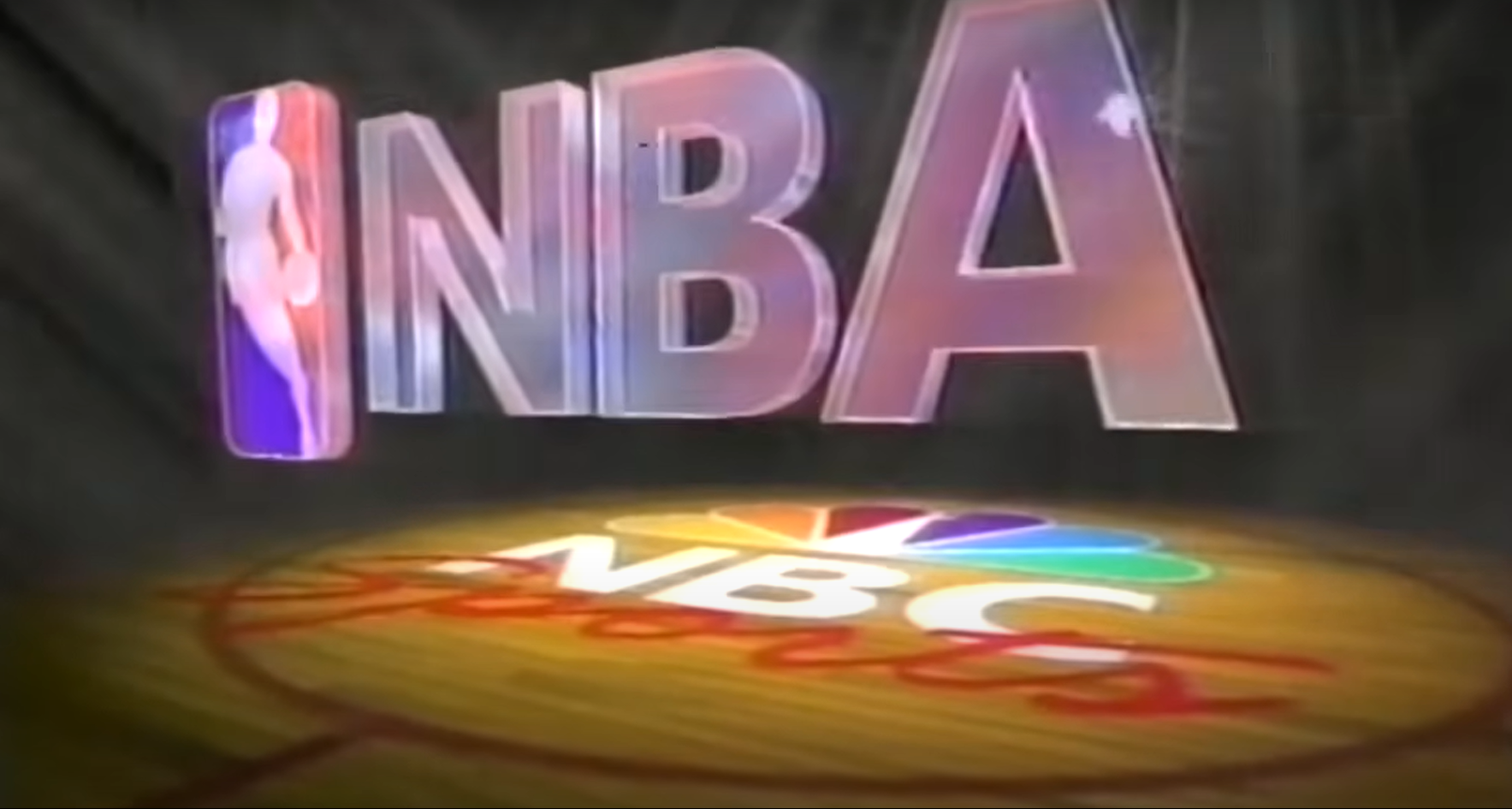Major League Baseball and the bankrupt Bally Sports Regional Networks are close to an agreement that would see the media company continue to televise most if not all the 11 teams currently under contract for the 2024 season before ending the deals in October. MLB’s outside counsel notified the bankruptcy court this morning, pulling out of a hearing to consider baseball’s motion to compel Bally Sports to make a decision on the teams it plans to broadcast in 2024.
A hearing–almost five hours long–did occur, on former Bally Sports parent Sinclair’s motion to force the regional sports channel giant to make a decision on fees it pays to the larger media conglomerate. Sinclair provides back office operations for Ballys, and claims it is owed deferred fees of $160 million and is paid $7 million a month less than it should receive.
But judge Chris Lopez ruled Bally Sports has the right under bankruptcy law to wait until it is set to emerge from Chapter 11 to decide how to handle Sinclair’s management services agreement (MSA). Had the decision gone the other way, executives of Bally Sports parent Diamond Sports Group (DSG) testified such a ruling would have been “catastrophic.”
Instead, a day that began with much peril for the broadcaster of MLB, NHL and NBA games ended with its plans to broadcast through the end of the 2024 baseball season still alive.
“We are in a position to believe that we have a framework to move forward,” MLB’s outside counsel James Bromley told the court. “We have a lot of conditions and issues that we still need to work through. But we think at this point, it’s appropriate to ask the court if we could take the hearing from today’s calendar and move it to a date in January. So January 9, and 10 if possible in order to allow the parties to come to a fully documented settlement.”
That could signal the long war between Diamond and MLB is nearing an end.
“We would like to consensually adjourn this matter to see if we can have peace break out in the valley,” Diamond’s lawyer said after Bromley spoke.
Even before DSG’s March Chapter 11 filing, MLB and the DSG parent Sinclair warred, largely over efforts by Sinclair to secure streaming rights from its then 14 teams. MLB resisted because it wanted those rights for its own local media initiative.
MLB commissioner Rob Manfred testified at an early June hearing that Sinclair chairman David Smith told him in 2021, “You know, we want these rights.” Manfred replied, “Well, you know, unfortunately, sometimes people want things they’re not going to get and you’re not getting these rights.”
And Smith, according to Manfred, replied, “So let me tell you what’s going to happen. I put $2 billion into the purchase of these RSNs … so what I’m going to do is I’m going to keep this going long enough until I get my $2 billion out, OK? And then I’m going to start squeezing your clubs to take their rights fees down, OK, in order to make sure that I stay profitable in the RSN business. And if they don’t agree to that, I’m going to put the entity into bankruptcy, and then I’m going to selectively reject contracts.’”
The Manfred comments came at the end of a two and half month period in which DSG did not pay four clubs, claiming the contracts were uneconomic (Judge Lopez ordered DSG to pay the clubs).
A lawyer for Sinclair told the court today, “Debtors took Mr. Smith’s deposition in which he vehemently opposed and objected to and disagreed with Mr. Manfred’s assertion that that was the statement he made… I could sit here and go on about my views of Mr. Manfred’s credibility. But that’s not appropriate.”
The pending agreement with MLB is not fully done. There are three teams of the 11 not on board. DSG is looking to cut the fees of those three teams, in return for ending their contracts at the end of the ‘24 season. Two clubs–the Cleveland Guardians and Texas Rangers–had lawyers at the hearings (they are two of the three teams; it’s unclear the third)
“There are three teams that the debtors will be seeking to change the financial arrangement,” Charles Koster, outside counsel for the Texas Rangers said. “We are ready and willing to engage on those sorts of modifications with the debtors. And we look forward to reaching an agreement that would allow the debtors to continue to produce and broadcast the Rangers games for the 2024 season. But if we cannot reach that agreement soon, we need to begin now, finding an alternative and every day matters in that regard. So we recognize a real benefit to continue in arrangement with the debtors. At this time, we have no idea if, when, and whether that agreement will be reached and what the acceptable terms may be.”
The Rangers are asking for “credit support” from DSG, meaning it obtains third party funding to guarantee the 2024 rights payments.
By all appearances, DSG would wind down operations following the ‘24 MLB season, though it has not ruled out staying in business.
DSG already has an agreement with the NBA similar to the one it is seeking with MLB. Last month the company said a deal with the NHL was imminent, but one has not yet materialized.
Sinclair bought DSG and its 19 RSNs in 2019 in a heavily debt laden $9.6 billion deal. The timing was awful, as cord cutting was just beginning to take off in earnest, depriving DSG of fees from tens of millions of cable subscribers.
DSG is also suing Sinclair for $1.5 billion, alleging the parent company bled it of resources.







